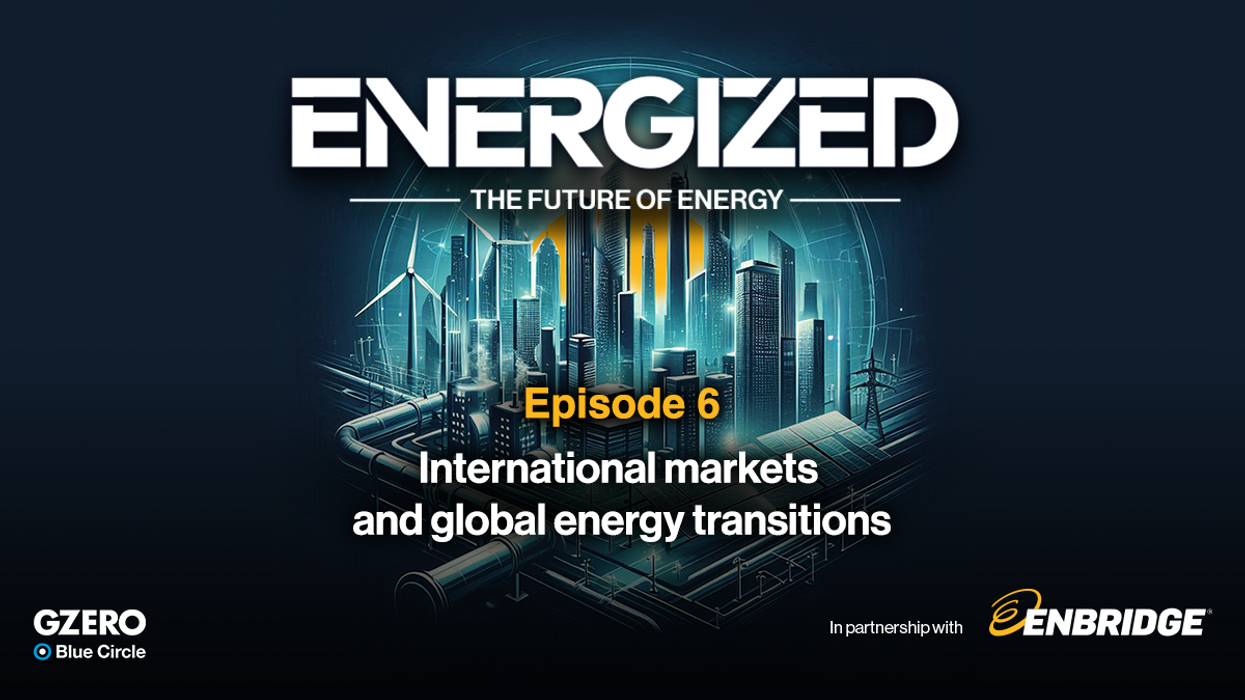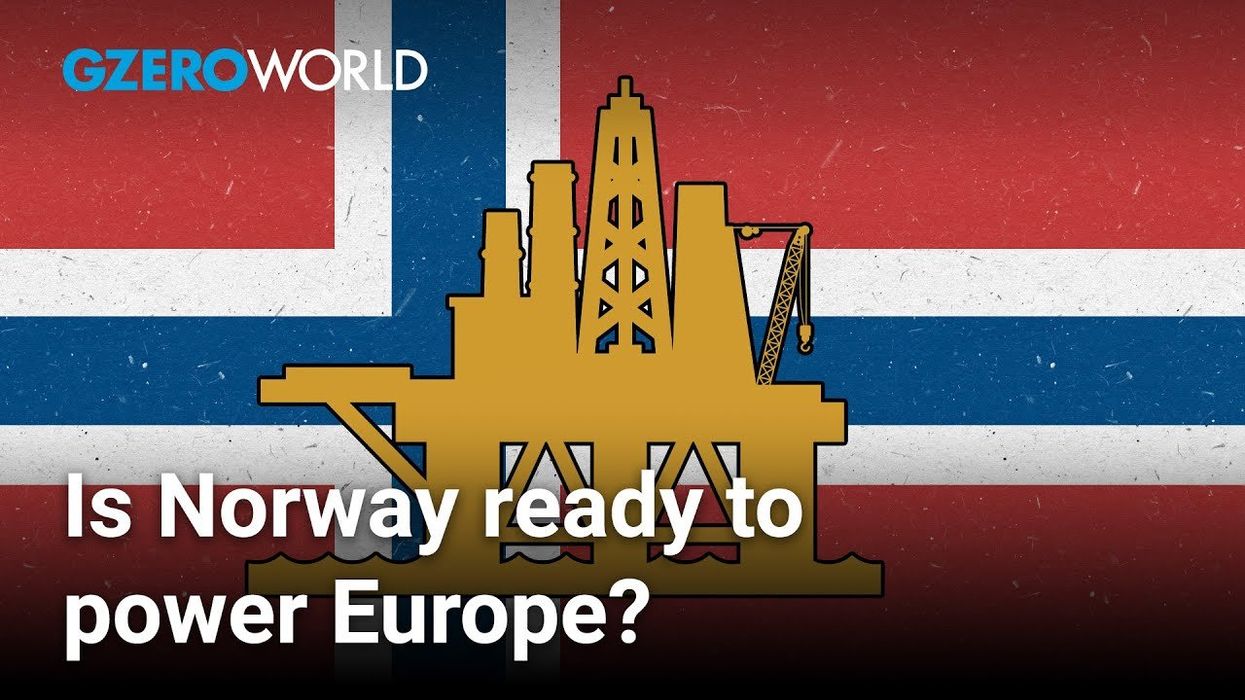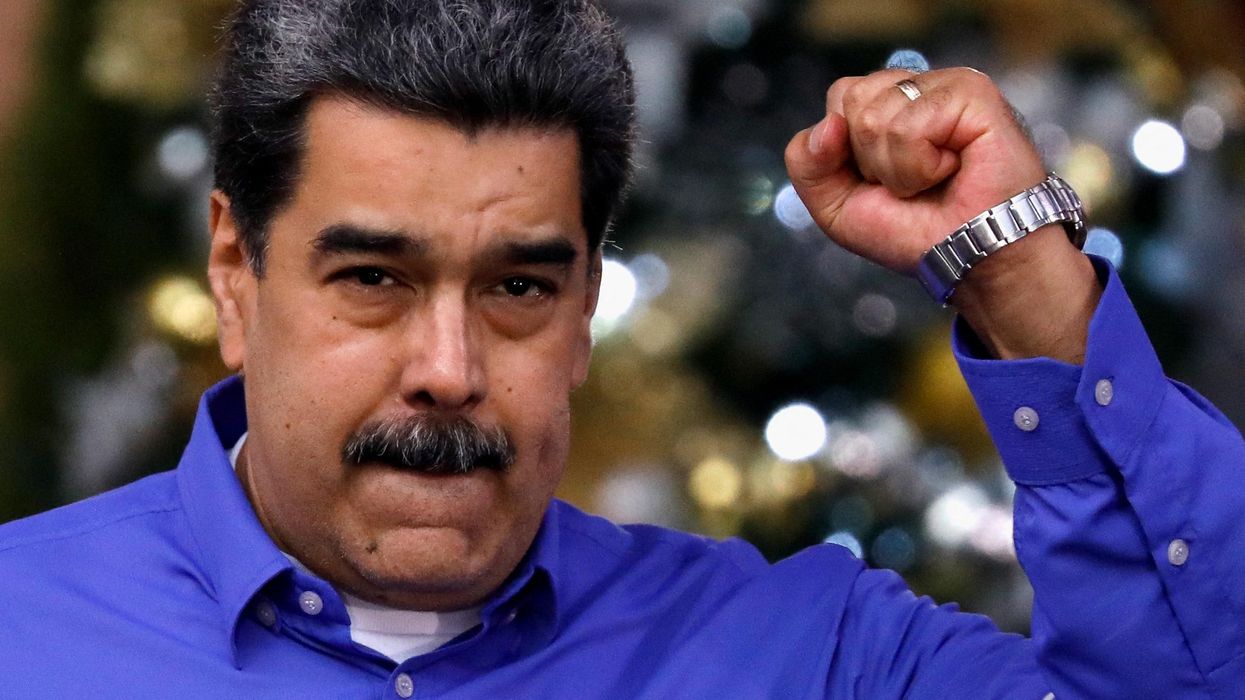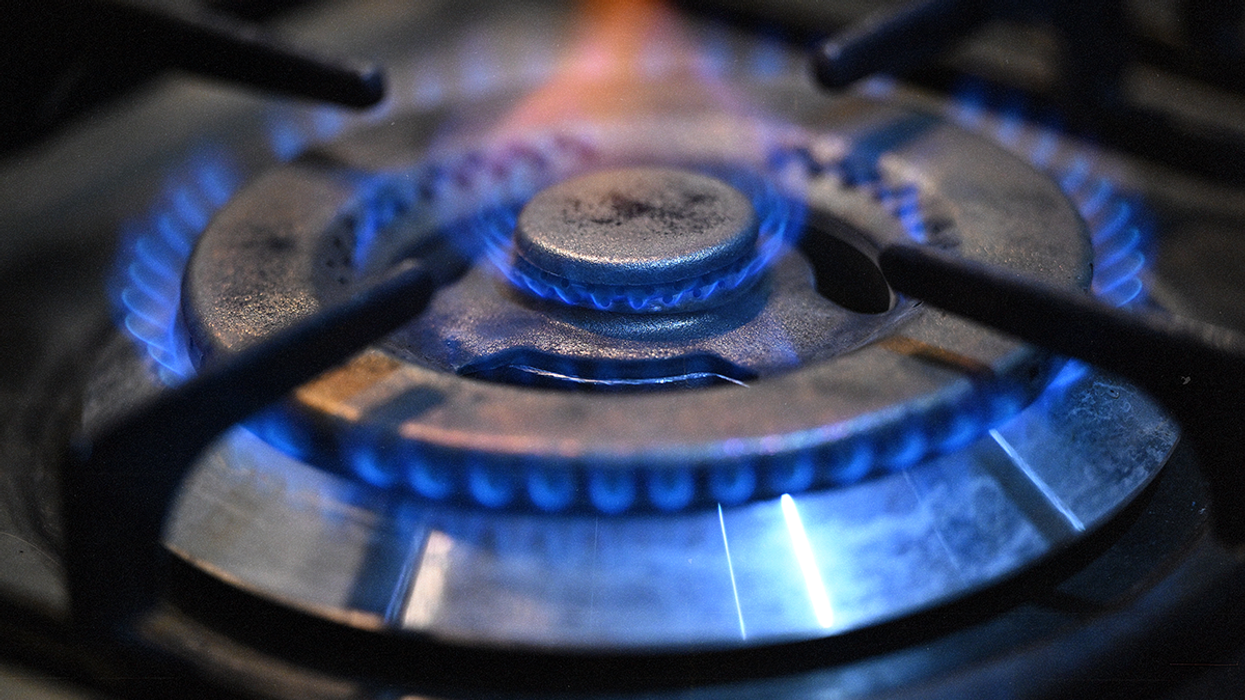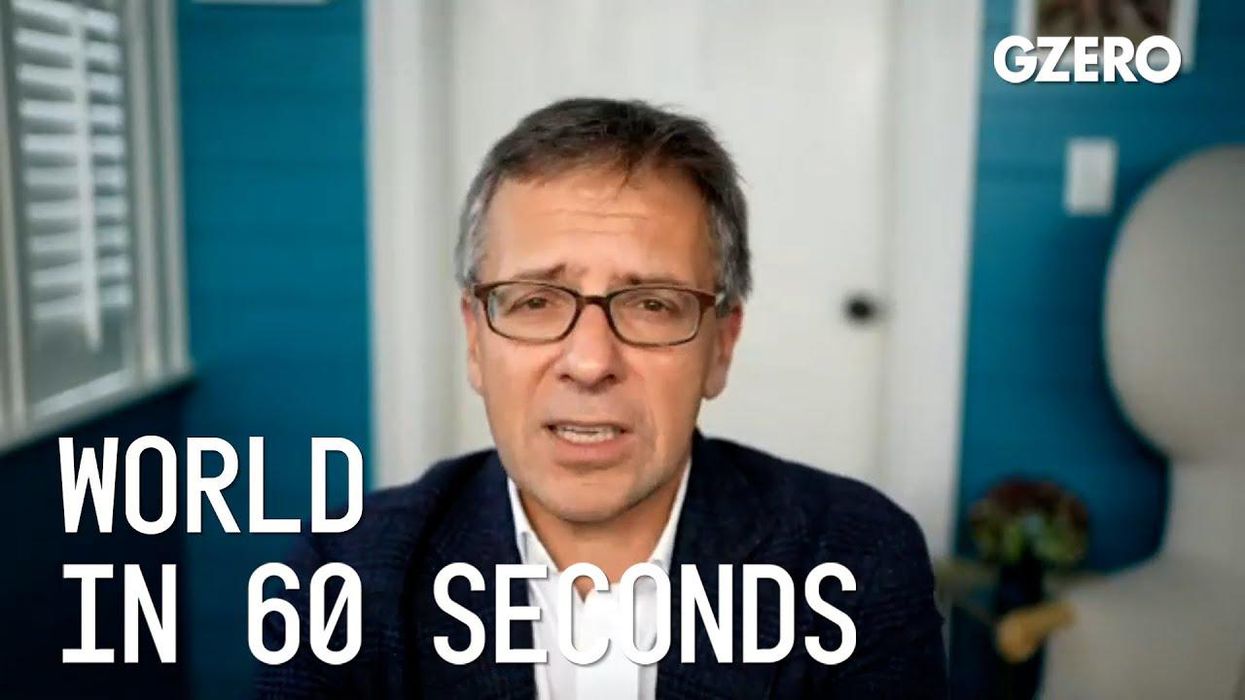Energized: The Future of Energy
International markets and global energy transitions
Listen: What does global energy transition look like in a time of major geopolitical change, including rebalancing of trade? In this special episode of "Energized: The Future of Energy,” host JJ Ramberg and Enbridge CEO Greg Ebel talk to Arjun Murti, partner at Veriten and founder of the energy transition newsletter Super-Spiked. They discuss the impact of President Trump’s new energy policies, the role of North America in the global energy transition, and the possible impact of tariffs and trade tension on the energy sector.
Apr 10, 2025
